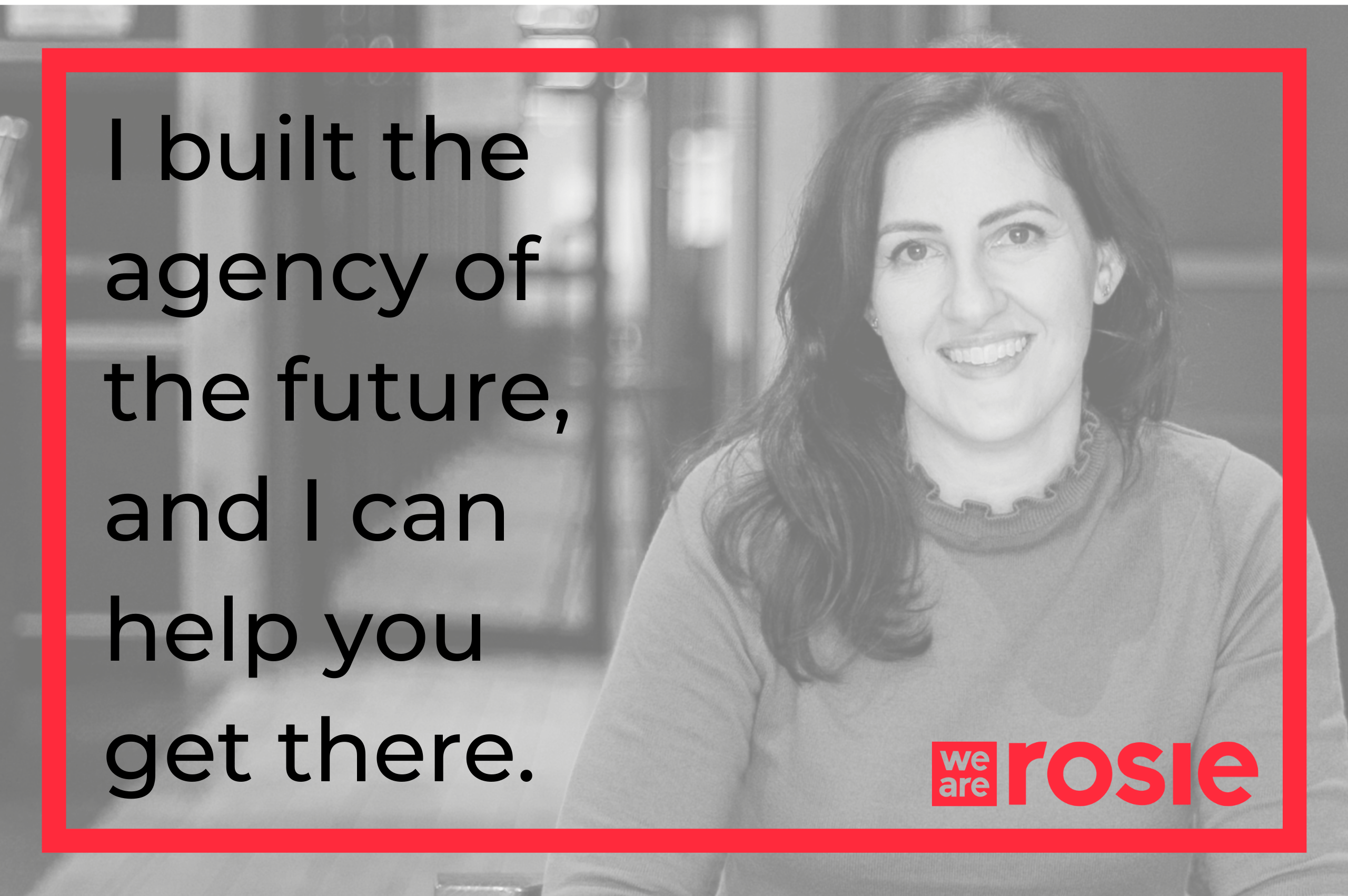Why kindness at work is a radical idea — but shouldn’t be
This article reveals how kindness at work drives trust, engagement, and business success by fostering supportive, authentic cultures where people thrive

share this article
Ready to unleash the full power of marketing?
In collaboration with Bumble.
Many businesses are trying to navigate ways to help their employees feel safe, comfortable, seen and celebrated at work, especially at a time when uncertainty and discord seem like the only constants in our lives. In some cases, that means taking a long, thoughtful look at company culture, evaluating the type of environment it fosters and making necessary changes. In other cases that may look like ramping up diversity and inclusion efforts in a meaningful and measurable way. While these measures can have a positive impact on employees and elevate morale over time, the wisest business leaders know that installing one key core value now can shift everything: Kindness.
Kindness at work may have been viewed as a radical or out-of-place idea in the past, but there are business reasons to support why having kindness as a core value is not only the “nice” thing to do, it’s the smart thing to do. It was found that “kindness is a key element of corporate values and ideals that shape how an organization is perceived by employees, customers and others,” in a study by Booz | Allen | Hamilton and the US Chamber of Commerce Foundation called “The Business Case for Kindness.” The study also found that kindness is critical to the “full expression and embodiment” of other core values such as “trust, honesty, integrity, and respect,” which are “rooted in the ability of people to interact in positive and constructive ways, with confidence and support.”
Kindness initiatives and programs within an organization can exist in various forms, and must include elements such as accountability, transparency and — perhaps most important — leadership commitment. Teams follow their leaders not only through the directives given, but through actions and how they show care and concern for them and their level of fulfillment at work. This extends from policy to promotion practices to workspace to flexibility to daily interactions and more. Some may think that in order to project strength and authority as a leader, one has to show up as stern, cold, and disconnected to keep the traditional idea of a company hierarchy in place. On the contrary, employees today are looking for environments that nurture them not only professionally but personally. They want a leader who models humanity and empathy, especially with all that’s happening in our world today, and they want opportunities for collaboration and success that elevate them as well as their teams. Kindness in the workplace will encourage teams to bring their whole selves and contribute fully to the organization.
Kindness goes a long way, as well, when it comes to recruiting for future employees from key demographics such as Millennials, African-Americans and women. According to a study conducted by the Born This Way Foundation, the US Chamber of Commerce Foundation and Morning Consult, Millennials, African-Americans and employees who rate their workplace as “Excellent” report the highest percentage of enjoyment in a workplace that rewards acts of kindness. For women, the study reports that “higher percentages of female employees and employees that rate their workplace as ‘Excellent’ strongly agree that workplaces that are more accepting and kind are more successful.” This data, the study says, shows that “employee perceptions about kindness as it relates to a company’s success can play into recruitment and retention, assuming that people aspire to work for successful companies and that happier employees contribute to a more successful workplace.”
In an interview with Female Founders Fund, Bumble Founder and CEO Whitney Wolfe Herd stated that she believes kindness is about creating space for people to show up as their true selves, from their work environment to the company’s culture. “We want to create a work environment where every employee is empowered to bring their authentic and creative self to work every day,” Wolfe Herd said during her interview with Female Founders Fund. At Bumble, that looks like being supportive, thoughtful, friendly, and respectful to everyone with whom you work. It means being kind in how you handle conflict, how you work in groups, how you treat someone when you disagree, and how you collaborate. “I truly believe that cultivating a culture where employees are encouraged to be the best version of themselves, personally and professionally, has helped our business grow as well.”
Committing to kindness is not radical. Being kind is not weak. Let’s normalize kindness and reframe it as a strength and a necessity for a better workplace and a better world.
Elayne’s Socials: LinkedIn, Twitter
Editor’s Socials – Kiana Pirouz: Linkedin, Instagram

